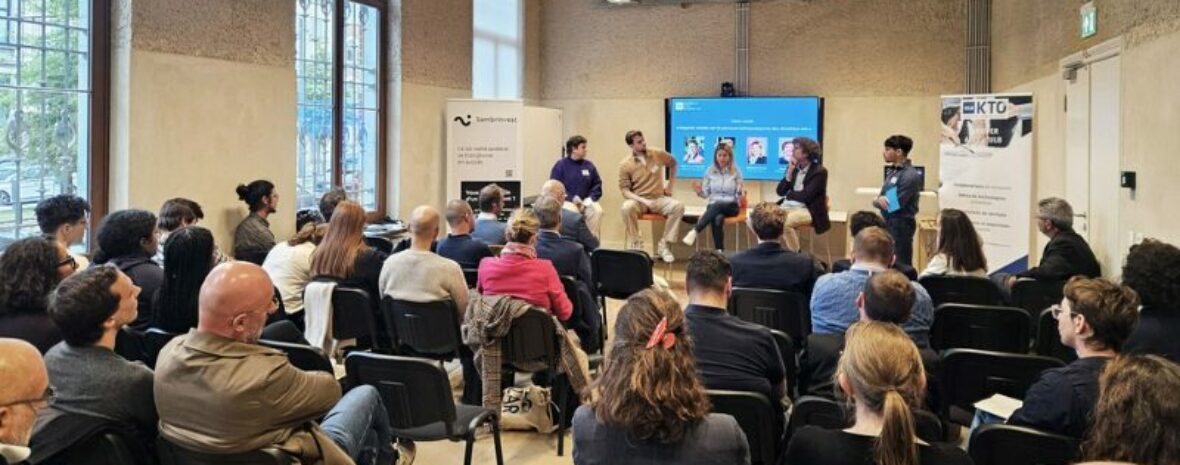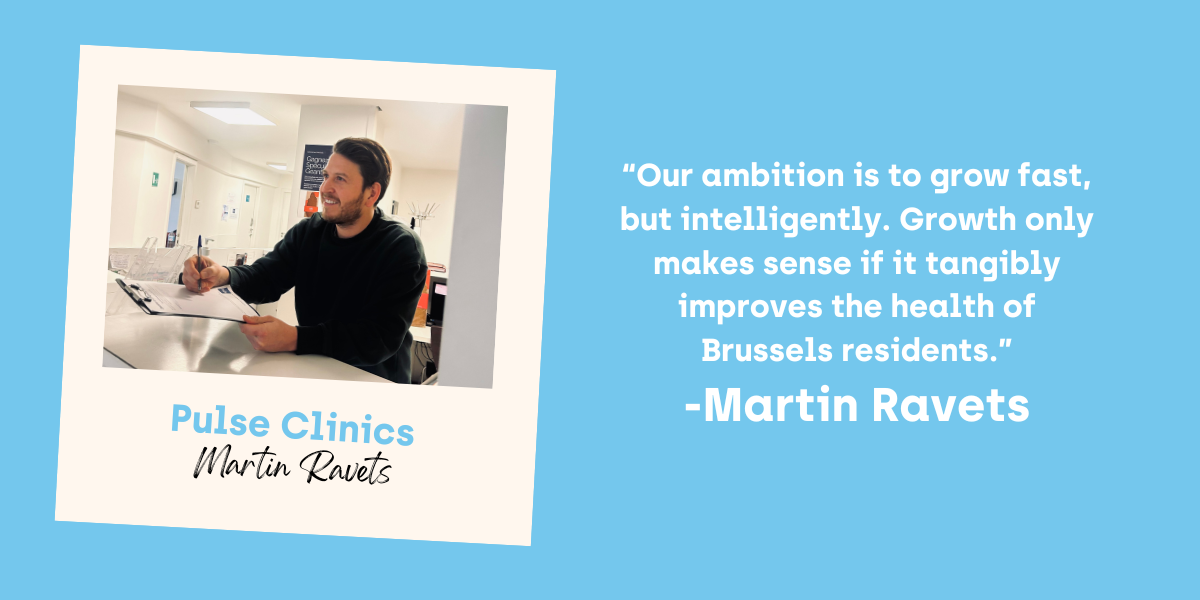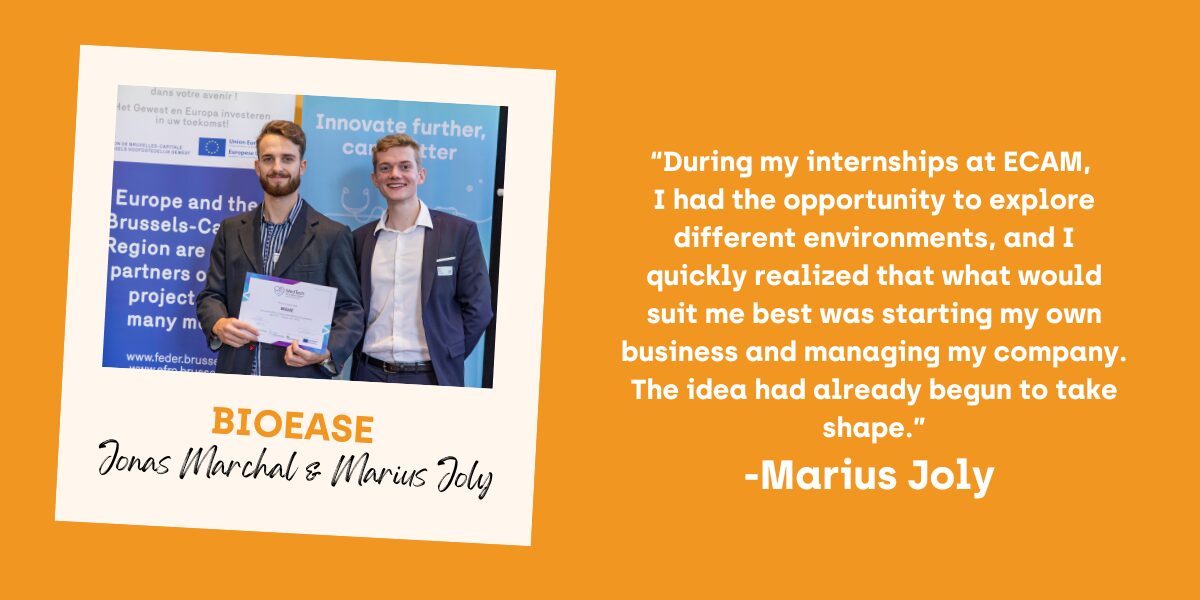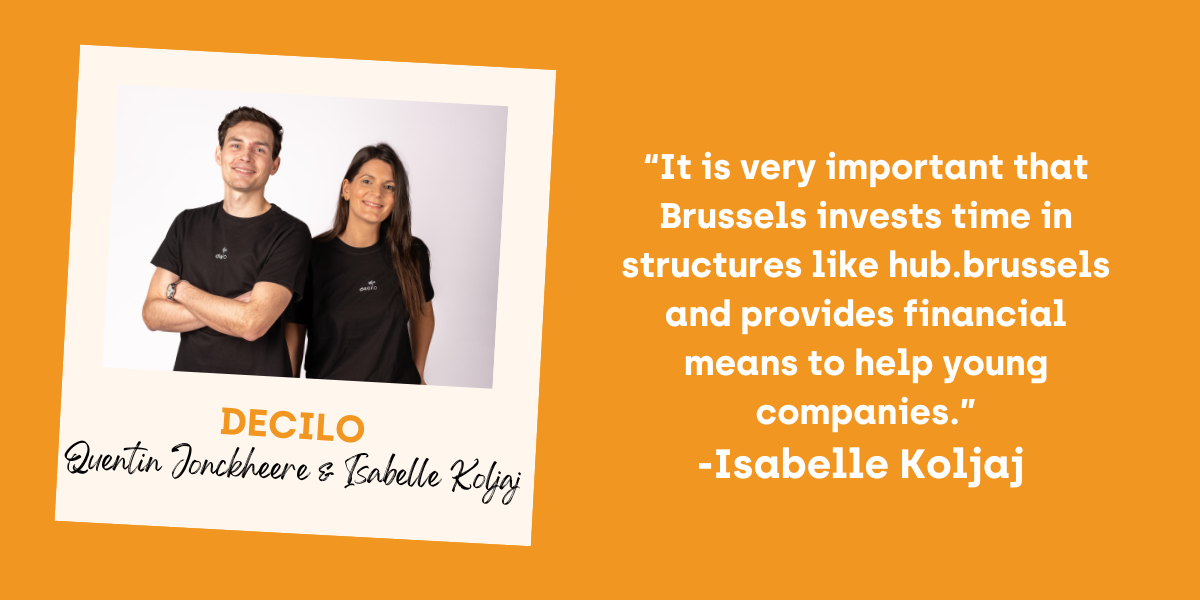Creating a spin-off from academic research was the theme of the roundtable organized by ULB on September 24, where lifetech.brussels was invited to contribute. Here is a summary of our intervention.
HealthTech is evolving rapidly, and the coming years will be marked by increased financial pressure. Private investors are highly selective and expect strong traction signals, even as early as pre-seed. This means that spin-offs must become credible very quickly and position themselves in promising sectors such as AI, robotics, or connected devices. Above all, time-to-market, the quality of the business model, and the ability to convince customers will be decisive factors for standing out in a global market. Finally, reimbursement of devices remains a kind of holy grail—hard to obtain, especially in a constrained budgetary context. Spin-offs must therefore anticipate alternative paths, such as a well-prepared exit.
In this context, collaboration with hospitals, particularly university hospitals, emerges as a strategic opportunity that strengthens the fit and future adoption of the solution. Hospitals themselves are under pressure to innovate to improve both clinical performance and economic efficiency, which makes them natural partners for testing and validating solutions. Another unavoidable challenge is medical device regulation, combined with cybersecurity and data protection requirements, which increases both complexity and uncertainty. While many perceive regulation as a barrier, it is above all a guarantee of credibility and a condition for market access. Without a clear regulatory strategy, a project simply becomes uninvestable.
The main difficulty faced by spin-offs remains the shift in mindset: moving from a promising scientific project to a viable business venture. This transition requires building a strong team, bridging the time gap between academic research and investor expectations, convincing early pilot hospitals to commit to proof-of-concept projects, and recruiting the right business profiles. Added to this is a human challenge: the risk of burnout for founders juggling research, entrepreneurship, and administrative management.
The key advice given to future entrepreneurs is clear: do not wait until “everything is scientifically finished” before thinking about the market. Building an early market vision and surrounding oneself with a network of co-founders, clinicians, and financial partners is crucial to successfully crossing the first steps. This is why, within the MedTech Accelerator, we work with project leaders on both business and technical roadmaps, connecting them with specialized experts and partners.
Our program offers early-stage business derisking workshops, mentoring from experienced entrepreneurs, and facilitated access to investors, so that projects are quickly confronted with market realities. At the same time, we collaborate closely with universities and TTOs to combine scientific rigor with speed to market. Because succeeding in HealthTech is not only about innovating—it is about being able to bring those innovations all the way to patients and healthcare professionals.



